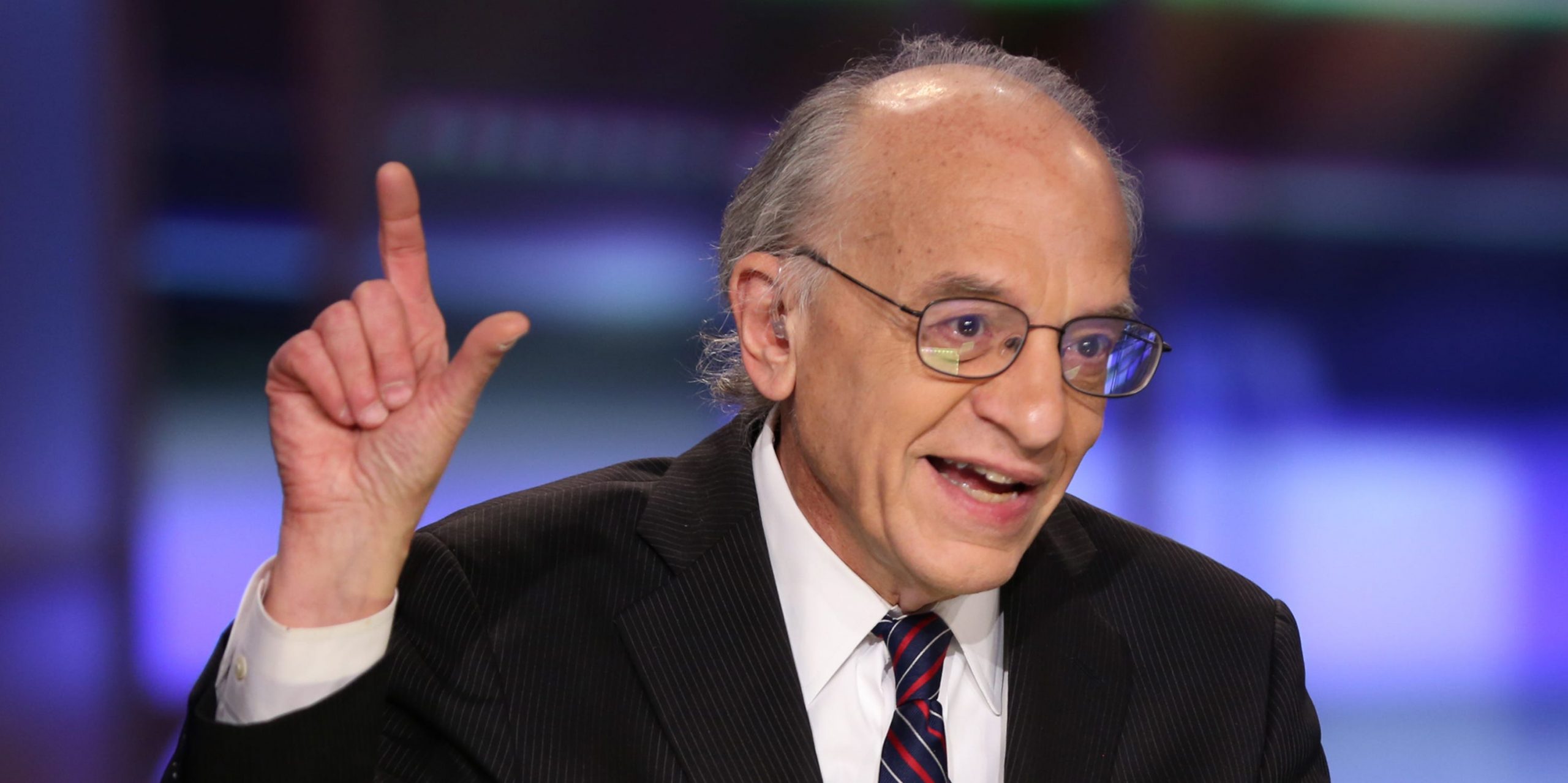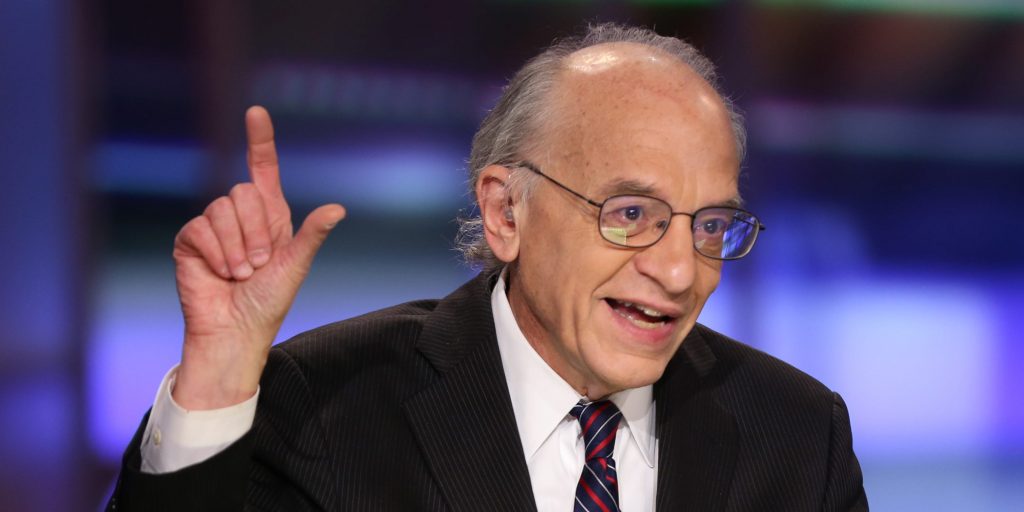
- Wharton professor Jeremy Siegel says stocks, among other "real assets," are his preferred inflation hedge.
- He also said he thinks prices of goods will be 20% higher than they were prior to the pandemic.
- Like other prominent figures, Siegel said the Federal Reserve is behind the curve in tapering assets.
- Sign up here for our daily newsletter, 10 Things Before the Opening Bell.
Wharton professor Jeremy Siegel on Monday offered investors some financial advice for handling an inflationary environment: invest in stocks.
"Stocks are ultimate real assets," he told CNBC on Monday. "There's going to be bumps along the way – what I call taper tremors – but 'there ain't no alternative' reigns more now than it ever did before."
The renowned author of the investment book "Stocks for the Long Run" said timing the market can be difficult but pointed to its cyclical nature.
"It's like people say, 'Is there going to be a bear market in the next five years?' And I say, yes. 'Should I get out now?' No, because it could go up 50% before it goes down 20% or 10%," Siegel told CNBC.
He added how market corrections are inevitable but not before the stock market goes up "much more," which, he said, happens often.
"Remember, the money supplies last year increased by more than any other year in the last one and a half centuries ... that's gotta be followed by inflation," he told CNBC.
This is why Siegel thinks prices of goods will be 20% higher than they were prior to the pandemic.
"That's still nothing like the '70s and no double-digit, no hyperinflation, but it is going to be something that is a lot more," Siegel told CNBC. But "you don't want to be in cash, and you don't want to be in bonds, and you don't want to be in money assets."
Like other prominent figures, including Allianz and Gramercy advisor Mohamed El-Erian, Siegel said the Federal Reserve is behind the curve in tapering assets.
Still, in the event that the central bank does respond to pressures and tapers faster than the widely expected range of late 2022 to early 2023, he will still keep his equity investments.
"Maybe they're going to start raising in 2022. But still, who is afraid of a 1% Fed funds rate when inflation is 7%?" Siegel told CNBC. "I want real assets. I want land. I want property."
The central bank slashed rates to historic lows at the start of the pandemic to stimulate economic activity and has signaled its intention of keeping interest rates unchanged until 2023.

